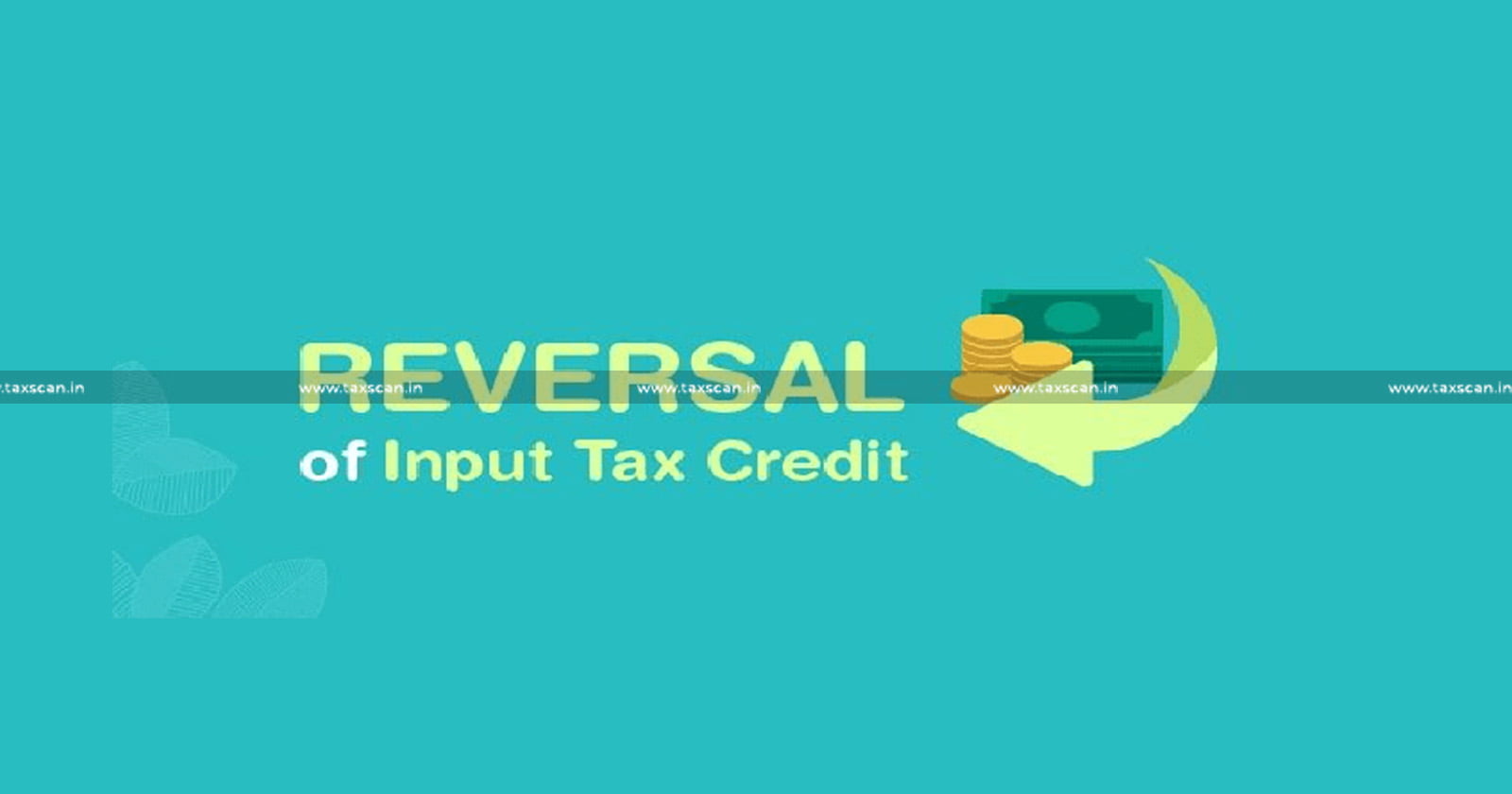
Navigating the complexities of the Goods and Services Tax (GST) system in India can be challenging, especially when it comes to Input Tax Credit (ITC). One crucial aspect that businesses must understand is the reversal of ITC. This mechanism ensures that ITC claimed on inputs is adjusted if those inputs are later used for purposes that are ineligible for ITC claims. Failure to correctly manage ITC reversal can lead to penalties and complications. This comprehensive guide will delve into the nuances of ITC reversal, providing clarity and actionable insights.
ITC is essentially a mechanism that allows businesses to reduce their GST liability by claiming credit for the tax paid on inputs used in their operations. However, the GST law mandates specific situations where businesses must reverse the ITC previously claimed. Understanding these situations is crucial for compliance. This guide aims to equip you with the knowledge necessary to navigate the process efficiently and avoid potential pitfalls.
The concept of ITC reversal was introduced to prevent misuse of the ITC mechanism and ensure that the credit is availed only for eligible purposes. It acts as a safeguard against undue tax benefits and maintains the integrity of the GST system. This guide will explore the various scenarios that trigger ITC reversal and the procedures involved in calculating and adjusting the reversed ITC.
One of the common reasons for ITC reversal is the use of inputs for both taxable and exempt supplies. When inputs are utilized for both types of supplies, a proportionate reversal of ITC is required. Calculating the correct amount to reverse is crucial. We'll delve into the calculation methods and provide examples to illustrate the process.
Another scenario requiring ITC reversal arises when capital goods are disposed of or used for personal purposes. In such cases, the ITC claimed on the capital goods needs to be reversed proportionately, based on the remaining useful life of the asset. Understanding the rules surrounding capital goods and ITC reversal is essential for businesses dealing with substantial capital investments.
The history of ITC reversal is intertwined with the evolution of the GST itself. Prior to GST, similar provisions existed under the previous indirect tax regime. The introduction of GST streamlined the process to some extent but also introduced new complexities. This guide will touch upon the historical context of ITC reversal and how it has evolved under GST.
ITC reversal plays a vital role in ensuring the fairness and efficiency of the GST system. By preventing the undue claiming of ITC, it helps maintain a level playing field for businesses and prevents revenue leakage for the government. This guide will further elaborate on the importance of ITC reversal in the overall GST framework.
Example: A company purchases raw materials worth ₹1,00,000 and pays GST of ₹18,000. They use 80% of these materials for taxable supplies and 20% for exempt supplies. They would need to reverse ITC on the 20% used for exempt supplies, calculated as 20% of ₹18,000, which is ₹3,600.
Advantages and Disadvantages of ITC Reversal
| Advantages | Disadvantages |
|---|---|
| Prevents misuse of ITC | Can be complex to calculate and implement |
| Ensures tax compliance | May require significant record-keeping |
FAQs
Q1: When is ITC reversal required? A1: ITC reversal is required in situations like using inputs for exempt supplies, disposing of capital goods, or using inputs for personal purposes.
Q2: How is the reversed ITC calculated? A2: The calculation method depends on the specific scenario. For example, in the case of mixed supplies, it's proportionate to the exempt supply portion.
Q3: What are the consequences of non-compliance with ITC reversal rules? A3: Non-compliance can lead to penalties and interest charges.
Q4: Where can I find more information on ITC reversal? A4: The GST website and various government publications provide detailed information.
Q5: Can reversed ITC be reclaimed later? A5: In some cases, yes, but it depends on the specific circumstances.
Q6: Are there any exceptions to ITC reversal? A6: Yes, certain specific exemptions exist depending on the nature of the goods or services.
Q7: What records need to be maintained for ITC reversal? A7: Detailed records of purchases, sales, and usage of inputs are essential.
Q8: What are the latest amendments related to ITC reversal? A8: Refer to the official GST notifications for the most recent updates.
In conclusion, understanding and correctly implementing ITC reversal is crucial for businesses operating under the GST regime. While it can seem complex, a clear understanding of the rules and procedures can ensure compliance and avoid potential penalties. By staying informed about the latest updates and best practices, businesses can effectively manage their ITC and maintain a healthy financial position. This knowledge empowers businesses to leverage the benefits of the GST system while adhering to its regulations. The potential implications of incorrect ITC reversal can be significant, making it essential for businesses to prioritize accurate record-keeping and meticulous calculations. Staying informed and proactive is the key to navigating the complexities of ITC reversal and reaping the full benefits of the GST system. Embrace the available resources, stay updated on the latest amendments, and seek professional advice when needed. This proactive approach will not only ensure compliance but also contribute to the smooth and efficient operation of your business under the GST framework.
Grand harbor apartments katy tx your ideal home awaits
Killer group chat names that dont suck
Unleash the bass 4 ohm subwoofer bridging












